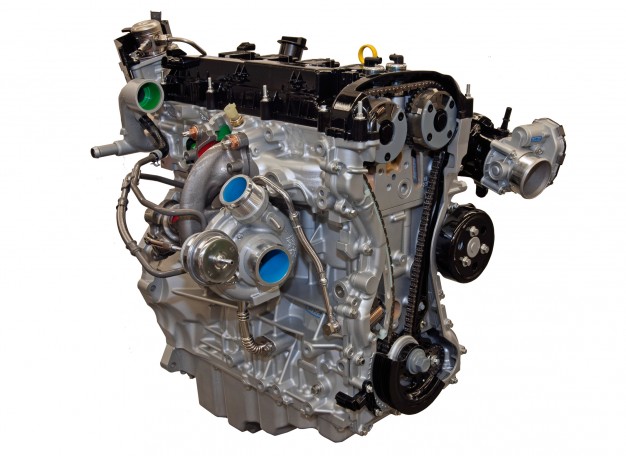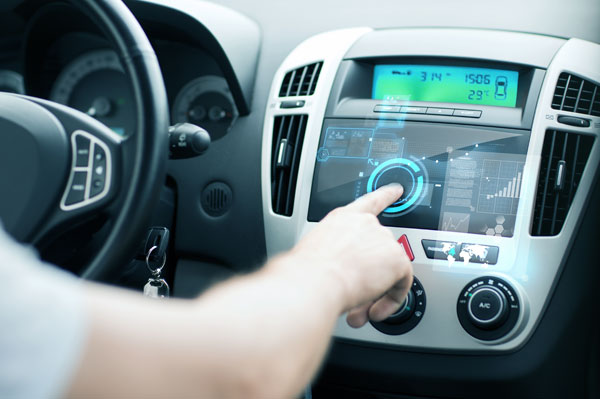At AET, we love the sound a turbocharger makes – but we understand that when your car starts making noises, you want to know exactly what’s happening, and why!
In this guide we examine the turbo whistle, a noise made by turbochargers when in operation – you’ll learn what it sounds like, what causes it, and when you need to have it checked out
What does turbo whistle sound like?
As the name suggests, a turbo whistle sounds like a high pitched whistle or whining sound, heard when the turbocharger kicks in as you accelerate and the revs go up.
For some people, a turbo whistle can be annoying, but to others, it’s actually desirable! In fact, some people purchase aftermarket ‘turbo whistler’ devices that fit inside the exhaust of a vehicle to mimic the sound of the turbo whistle.
A turbo whistle shouldn’t be confused with a police siren or dentist’s drill sound – this is likely to be a sign of something more serious, like compressor wheel damage.
What causes turbo whistle?
Turbo whistle is the sound of the compressor inside the turbocharger speeding up (also known as ‘spooling up’, which is why it kicks in at the boost threshold (when the turbo starts to kick in) as you accelerate up the rev range.
When should you be concerned?
All turbochargers make some amount of noise – and most people don’t even notice it. However, if the whistling sound gets louder, more noticeable, or changes in any way, it could be symptomatic of a number of different problems, that all warrant further investigation.
Potential causes of turbo noise include:
• Boost/air/vacuum leak – either on your engine intake, or your intercooler
• Compressor wheel damage
• Split hoses
• Over boosting (potentially caused by a wastegate fault) or poor remap
Thankfully, these problems are rarely terminal, and can be repaired/resolved by a competent turbo specialist.
Other causes of whistling noise
A whistling noise coming from your vehicle can also have a number of other causes, including:
• Exhaust gasket vibration – as parts become loose and rub against each other, they can create a buzzing noise that’s reminiscent of a turbo whistle
• Exhaust gasket leak – the noise could be the exhaust gases leaking through a gap or tear, which needs to be repaired
• Alternator belt slipping or overworking – you may need to have the belt refitted belt, inspect the electrics on your alternator, or change your car battery
• Excessive wind noise – often caused when a window, windscreen or sunroof seal begins to fail
• Air con/fan belt slipping
Whatever the cause, it’s sensible to have it checked out by a reputable mechanic as soon as you can – the noise isn’t going to get any better on its own, and the longer you leave it, the more serious (and expensive) the problem is likely to be.
How AET can help?
At AET, our teams are experts in diagnosing noises and fixing faults on a comprehensive range of turbochargers fitted to all kinds of passenger and commercial vehicles. We carry a massive range of new a reconditioned replacement turbos.
Whether you think you’ve found a fault, or just want some reassurance that everything is working correctly and as it should, our friendly teams are here to help.
For further information, call us today on 01924 894171, or email [email protected] for a no obligation chat.




1 comment
Comments are closed.